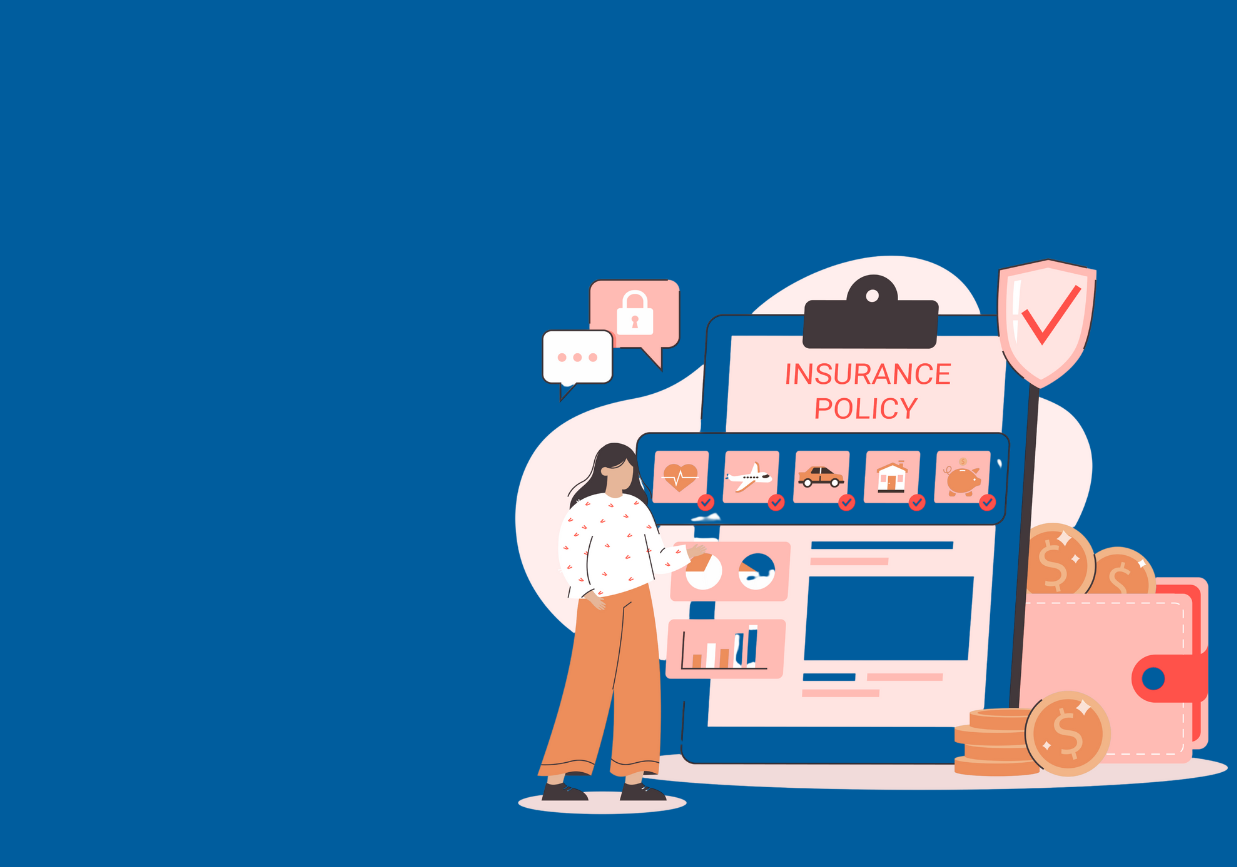Insurance Advisory Newsletter – Understanding Employment Practices Liability Insurance: August 2025
What’s inside?
- Understanding Employment Practices Liability Insurance
- Businesses That Need Employment Practices Liability Insurance
- Major Inclusions and Exclusions of Policy
Employment Practices Liability Insurance (“EPLI”) is a specialized insurance product designed to protect businesses against claims made by employees alleging wrongful employment practices. EPLI coverage is particularly important in today’s business environment where employment-related claims have increased substantially due to greater awareness of workplace rights, stringent employment laws, and changing societal expectations regarding appropriate workplace conduct. In India, although EPLI is sub limited when extended through a Directors’ and Officers’ (D&O) liability insurance, it still offers a comprehensive protection for companies against a range of employee allegations.
The primary purpose of EPLI is to reimburse the claims against the companies for the expenses incurred when defending employee allegations in courts. These allegations may arise from various employment practices, including wrongful termination, discrimination, harassment including sexual harassment, and other violations of employment laws and regulations.
Business that Need EPLI Policy
While EPLI is beneficial for businesses of all sizes, certain organisations face heightened exposure to employment practice claims.
- Large corporations have elevated risk of employment related claims due to their layered workforce, making EPLI an essential requirement. Companies undergoing restructuring, downsizing, mergers and acquisitions face elevated risks of wrongful termination claims and should prioritize EPLI protection.
- Organizations with significant female workforce participation need EPLI to address potential sexual harassment claims under the POSH Act compliance requirements.
- Businesses with international operations or those adopting global HR practices benefit from EPLI as they navigate cross-cultural employment standards.
- Rapidly scaling startups should consider EPLI to protect emerging HR structures and evolving policies during growth phases.
Major Coverages and Exclusions Under EPLI Policy:
| Inclusions | Exclusions |
| Wrongful Termination: Claims alleging wrongful or unjust dismissal or termination of employment. | Intentional Acts: Claims arising from dishonest, fraudulent or criminal acts committed in violation of law or non-compliance with statutory provisions. |
| Misleading Employment Representations: Claims arising from misleading or deceptive advertising or misrepresentation of employment. | Violations of Professional Standards: Claims from deliberate disregard of accepted professional standards. |
| Employment-Related Misconduct: Claims arising from unfair employment actions, including failure to hire or promote, denial of career opportunities or tenure or negligent performance evaluation. | Bodily Injury and Property Damage: Physical injury, sickness, disease, destruction to any tangible property claims are typically excluded, though claims resulting from emotional distress may be covered. |
| Procedural Fairness: Claims alleging denial of natural justice or procedural fairness in employment-related matters. | Contractual Liability: Claims arising from breach of an employment contract, unless the liability exists in the absence of such contract. |
| Workplace Harassment: Claims alleging sexual harassment and other forms of harassment in the workplace. | Wages and Hours: Claims related to wage and hour violations, including overtime pay disputes. |
| Discrimination: Claims based on discrimination on any unlawful basis, such as gender, age, religion, disability, etc. | Workers’ Compensation: Claims covered under workers’ compensation insurance. |
| Privacy Violation: Claims related to unlawful interference with privacy in the employment context. |
Conclusion:
EPLI is becoming a vital safeguard for Indian businesses navigating an increasingly complex web of employment laws and regulations. Understanding what EPLI covers, its exclusions, and how to proactively manage workplace risks can help companies avoid costly claims. In today’s evolving business landscape and rapid digital transformation, EPLI policies are adapting to address new and emerging risks. Companies that stay ahead of these changes and strengthen their employment practices will be best placed to minimize exposure and fully leverage the protection EPLI offers. For Indian entities, EPLI is not merely an insurance policy but a strategic risk management tool that protects both financial stability and corporate reputation in today’s competitive and increasingly litigious business environment.
About Us:
LegaLogic (www.legalogic.com) is a full-service law firm with more than 50 people team. Founded in 2013, LegaLogic has been advising across industry segments. It is a go-to firm for the Corporate Commercial Matters, M&A, Intellectual Property, Employment Law, Real Estate, Dispute Resolution, Litigation, Insurance Advisory, India Entry Strategy, and Private Client Practice. To know more about our Corporate Commercial and M&A Practice, please write to us at insurance@legalogic.com.
Disclaimer:
This newsletter is for informational purpose only and should not be treated as legal advice or opinion. No part of this newsletter should be considered an advertisement or solicitation of professional services of Lega Logic.





